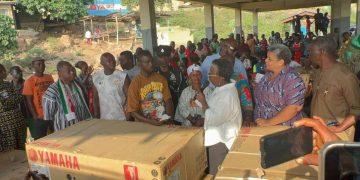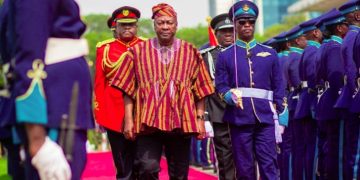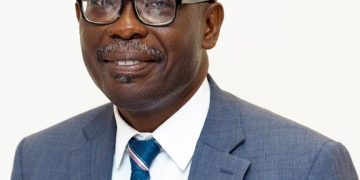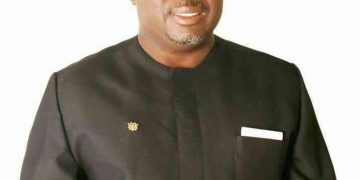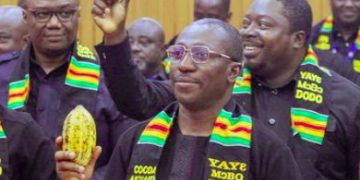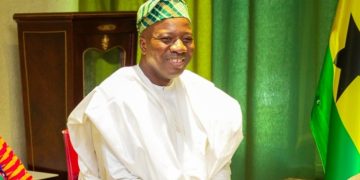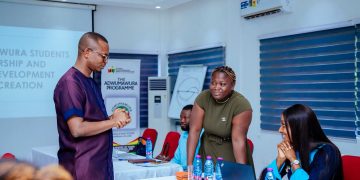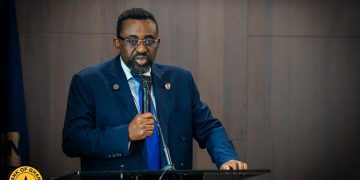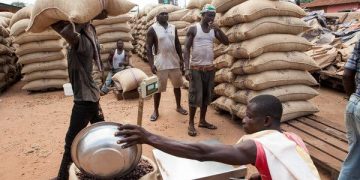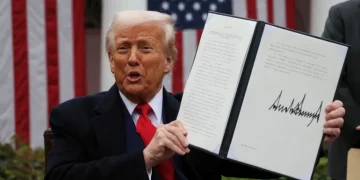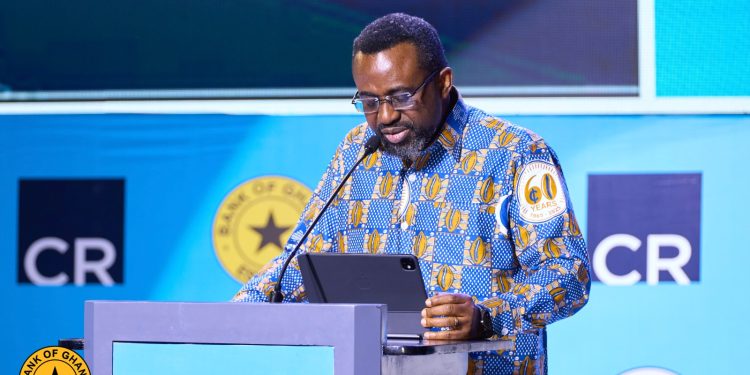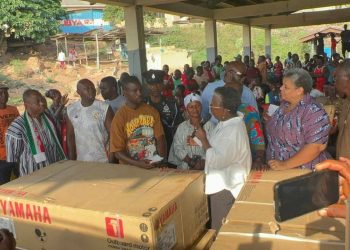The Governor of the Bank of Ghana, Dr. Johnson Pandit Asiama, has called for stronger national and institutional commitment to preserving the value and future of the Ghanaian cedi as the country marks six decades of its national currency.
Delivering welcome remarks at the Cedi@60 International Currency Conference at the Accra International Conference Centre on Tuesday, Dr. Asiama said the celebration offers both “a reflection on the journey of our national currency” and an opportunity to shape its next chapter in a rapidly evolving global monetary landscape.
The two-day conference brings together central bank governors, currency experts, payment-system specialists, security technology providers, and global industry leaders to discuss emerging trends and challenges in modern currency management.
President John Dramani Mahama, who attended the opening session, was acknowledged by the Governor for his support of the Bank of Ghana and for highlighting the importance of monetary stability under the government’s “Resetting Ghana” agenda. Dr. Asiama said the President’s presence underscored the national significance of safeguarding the cedi.
“The cedi has mirrored Ghana’s triumphs and struggles,” the Governor said, describing how the currency has served generations of Ghanaians — from market traders and small businesses to households planning their futures. “For sixty years, the cedi has moved with our people… helping families plan, helping businesses grow, and helping communities support one another.”
He noted that young Ghanaians now interact with money differently, as digital technologies reshape expectations of transparency, convenience, and trust. Ensuring the cedi remains relevant to future generations, he said, requires innovation and stronger institutional coordination.
Dr. Asiama highlighted major global shifts — including digital payments, central bank digital currencies (CBDCs), tokenised value instruments, and advances in artificial intelligence — that are redefining currency security, authentication, and lifecycle management.
“These shifts call for steady leadership, clarity in strategy, and stronger coordination across institutions,” he said, adding that Ghana’s work on payments modernisation and the eCedi is designed to reflect global lessons while grounded in local realities.
He also reaffirmed the Bank of Ghana’s commitment to strengthening the cedi’s role as the country’s primary medium of exchange and reducing pressures from dollarisation, which he described as a threat to Ghana’s economic sovereignty.
Dr. Asiama stressed the importance of international collaboration, noting that global monetary issues “cross borders and disciplines.” The conference, he said, brings together the full ecosystem needed to sustain trust and stability in modern currencies.
The Governor thanked Currency Research, international partners, and participants from around the world for supporting the event, urging them to share ideas that will shape the next 60 years of the cedi.
“The cedi belongs to all of us,” he said. “Protecting it is not the task of any one institution; it is a shared endeavour rooted in our belief in Ghana’s future.”
The Cedi@60 International Currency Conference continues in Accra through November 19.
Source: www.kumasimail.com


